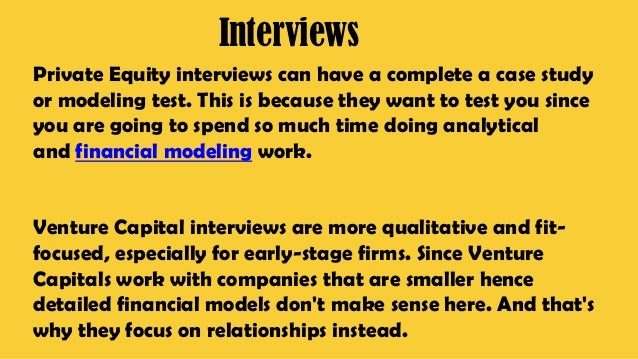

While private equity firms may offer a combination of equity and debt, VCs typically fund opportunities with equity only. They usually put no more than $10 million into a single idea and try to spread around their available funds to mitigate the risk of loss if a company doesn’t pan out as planned. VCs, on the other hand, take a greater risk by investing in promising but unproven start-up companies. Unlike VC’s, PE firms tend to invest in established companies with sustainable cash flows and more moderate growth opportunities, and therefore have a lower risk profile. While the mainstream media typically covers larger PE firms that invest billions of dollars, a substantial number of PE firms make investments in smaller businesses poised for growth and expansion. Private equity firms range dramatically in the sizes of companies they target and how much money they invest in each business. Unlike private equity firms, which can cast a wide net in terms of business sectors, most venture capitalists specialize in tech-based opportunities. They usually purchase smaller stakes (less than 50%) to alleviate the risk of putting all their proverbial eggs in one basket. Rather than seeking mature businesses, venture capital firms target new start-ups with the potential for exponential growth. PE companies make these household-name businesses even better, then sell them for a profit down the road with a clear exit strategy from day one. They see an opportunity to increase enterprise value by implementing operational efficiencies or innovating new products or services. Private equity firms tend to purchase majority ownership of established companies in a transaction. Here are a few of the most important factors that distinguish VC vs. Both purchase shares in private companies, as opposed to public companies that trade on exchanges, such as the New York Stock Exchange. Chamber of Commerce notes, venture capitalists are actually a subtype of private equity investors. It’s no surprise that private equity and venture capital are often confused with one another. Differentiating private equity from venture capital A profound understanding of the benefits and drawbacks of both PE and VC is essential as you map the future of your endeavor. When it comes time to support substantial growth, your company will likely rely on one of these funding sources to ascend to the next level of operations. Both VC/PE firms raise money for these opportunities from pools of interested investors, including institutional capital (pension funds, insurance companies, etc.) as well as high net worth individuals. private equity could be one of the most challenging questions you’ll face as an entrepreneur.


 0 kommentar(er)
0 kommentar(er)
